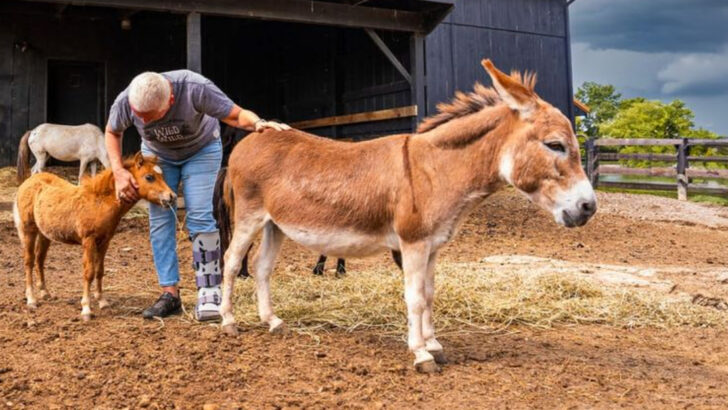Forget guard dogs—get yourself a donkey.
Yes, a donkey.
That humble, long-eared creature might just be the secret weapon your farm’s been missing.
They bray, they stomp, they look at you like they’ve seen things… and they’re not messing around.
Donkeys bring more to the table than most folks realize.
They’re fierce protectors, loyal companions, and surprisingly low-maintenance.
Oh, and they’ve got personalities for days—grumpy charm included.
These four-legged underdogs don’t just hold their own—they shine.
So before you brush them off as background animals, take a closer look.
You might be shocked at just how much a donkey can do—
and how fast you’ll fall in love with one.
Natural Guardians
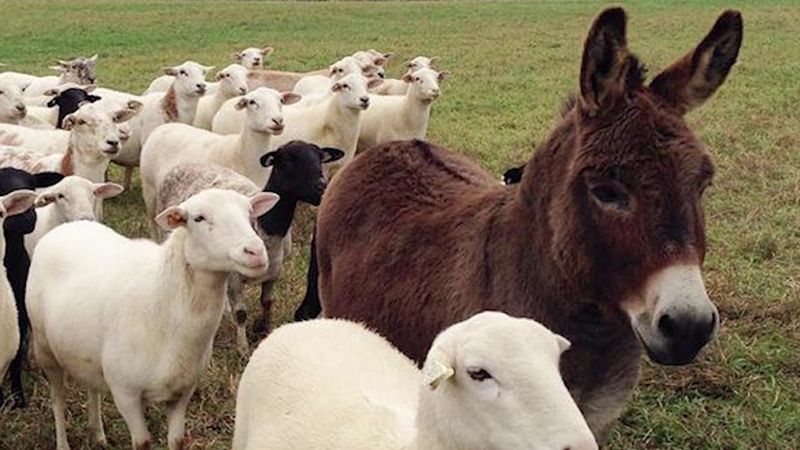
Donkeys are famously known for their protective nature, especially when it comes to safeguarding livestock. With their acute senses and strong territorial instincts, they act as vigilant guardians, warding off predators like coyotes. Their loud bray and sturdy physique make them intimidating to would-be intruders.
Many farmers find peace of mind knowing that their sheep or goats are under the watchful eye of a donkey. This natural protective ability reduces the need for additional security measures, saving time and resources.
In essence, donkeys provide an eco-friendly and effective way to ensure the safety of farm animals.
Companionship
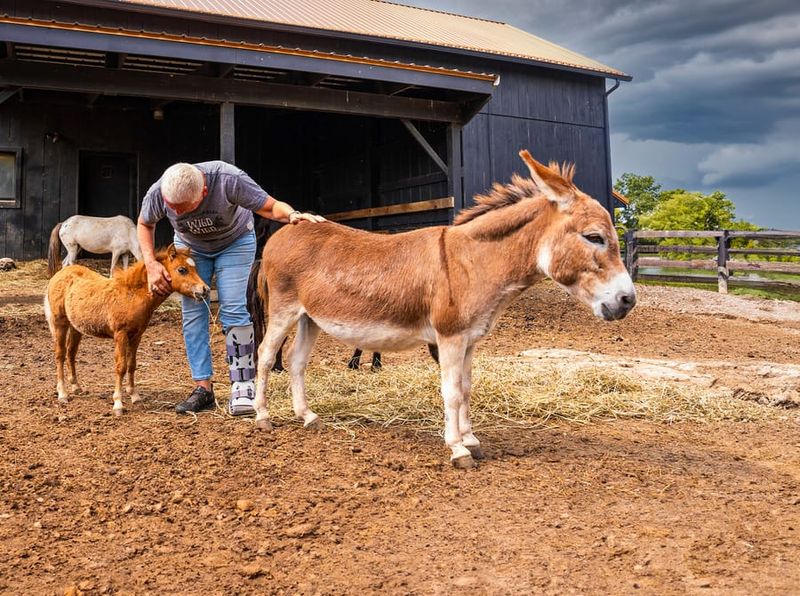
Donkeys are social animals with a knack for forming strong bonds with other animals and humans alike. Their gentle disposition and curious nature make them excellent companions on the farm.
Farmers often find comfort in the presence of a donkey, enjoying their quiet company during long working days. This emotional connection can be especially beneficial for those living in rural, isolated areas.
Additionally, donkeys’ friendly interactions with other animals help to maintain a harmonious farm environment, contributing to the overall well-being of the farm’s inhabitants.
Organic Fertilizer Producers
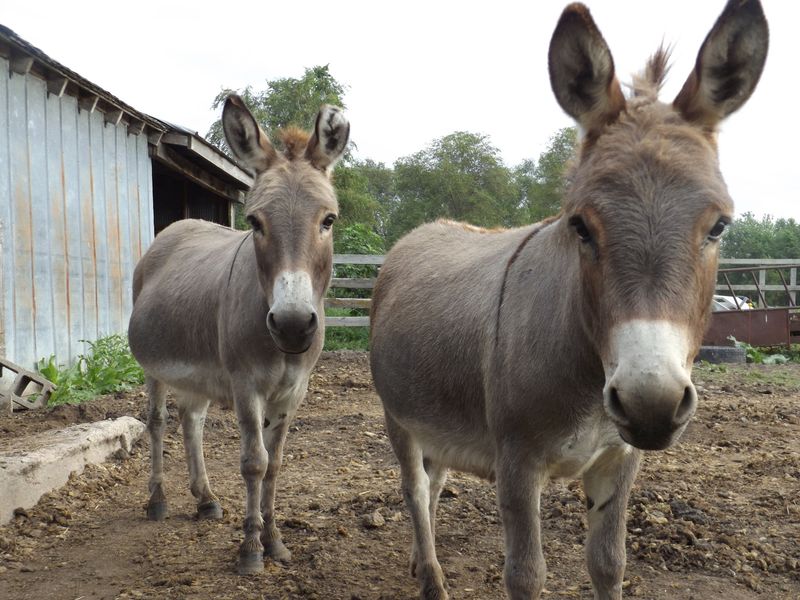
Donkeys are excellent organic fertilizer producers, as their manure is rich in essential nutrients like nitrogen, phosphorus, and potassium. This natural by-product can be used to enrich soil, promoting healthy crop growth.
Utilizing donkey manure reduces the need for chemical fertilizers, offering a sustainable and eco-friendly alternative for farm maintenance.
Farmers can collect and compost the manure, creating a nutrient-rich solution that enhances soil fertility without harming the environment. This sustainable practice contributes to healthier crops and a more balanced ecosystem.
Pest Control Assistants
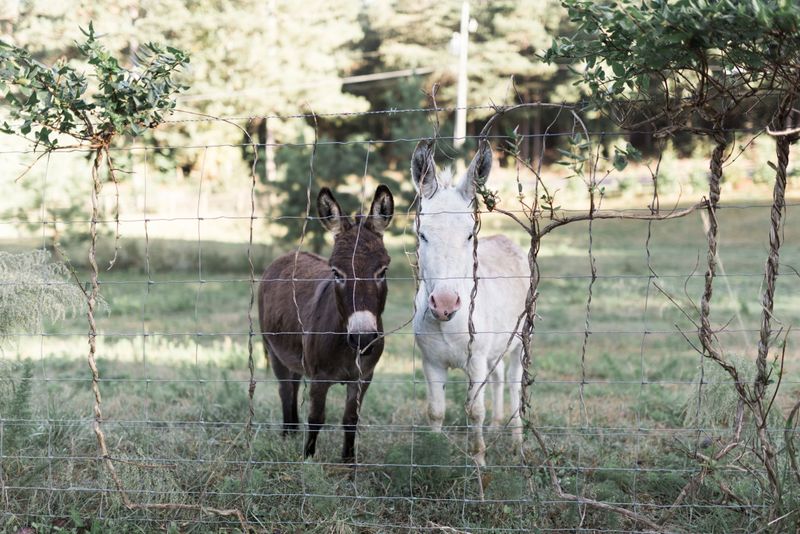
Beyond their charming demeanor, donkeys offer an unexpected benefit in pest control. By grazing on grass, they help maintain shorter vegetation, reducing habitats for pests such as ticks and insects.
This natural method of pest control minimizes the need for chemical pesticides, promoting a healthier farm environment. Donkeys’ presence also helps to control the spread of pests, indirectly protecting crops and livestock.
Incorporating donkeys into your farm’s pest control strategy is a simple yet effective way to manage pest populations naturally, benefiting the entire ecosystem.
Work Companions
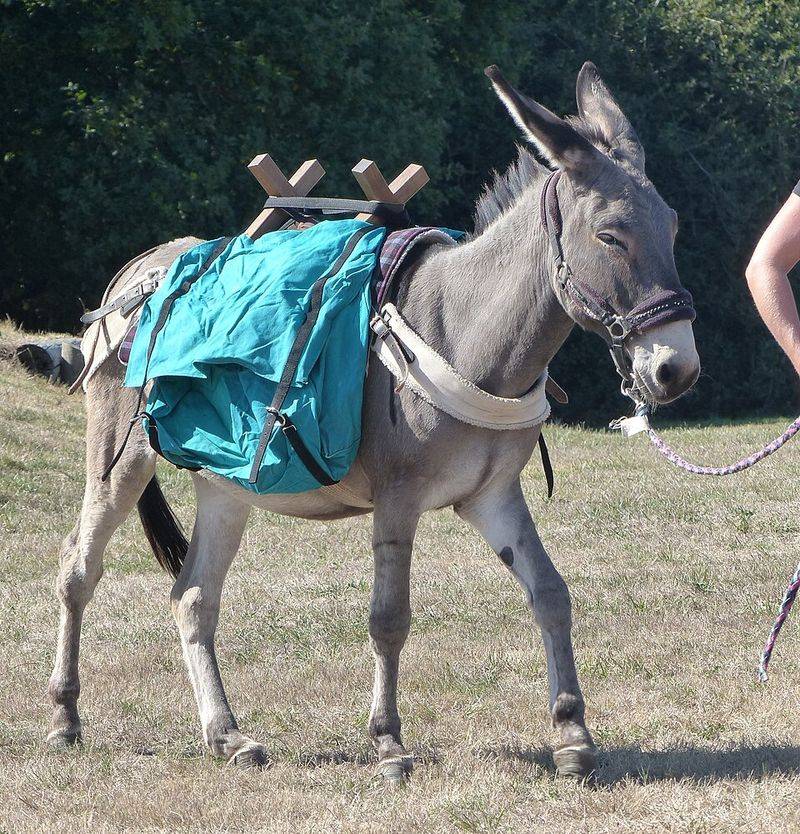
Donkeys have long been valued for their strength and endurance, making them reliable work companions on farms. These steadfast animals can assist with various tasks, such as carrying loads, plowing fields, or transporting goods.
Their adaptability and willingness to work make them an asset during the busy farming season. Donkeys require minimal equipment and maintenance, making them a cost-effective solution for labor.
Farmers appreciate their dependable nature, as donkeys contribute to increased productivity, allowing more time for other essential tasks around the farm.
Erosion Control
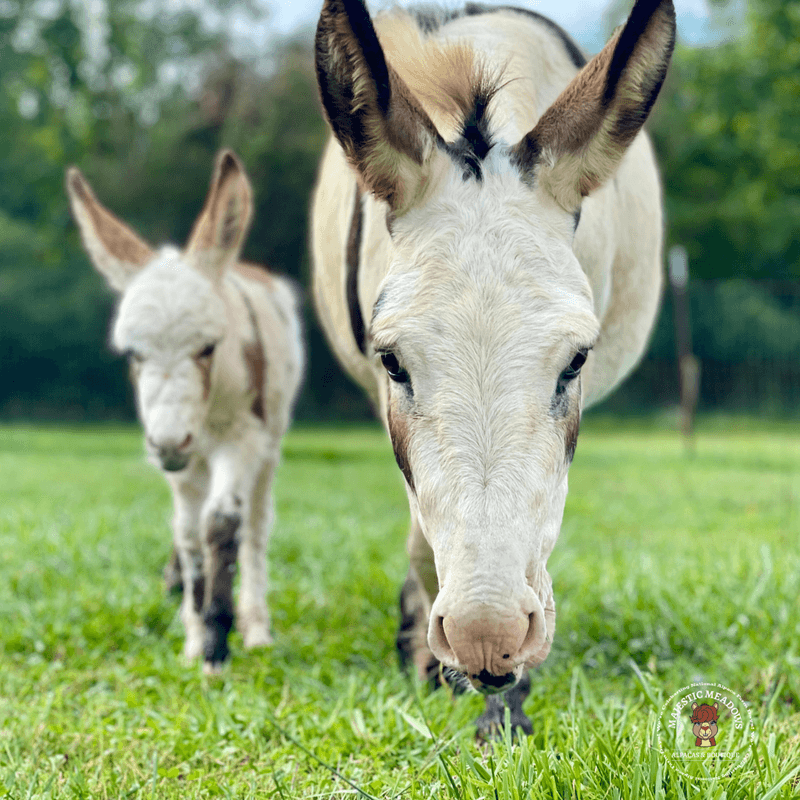
Donkeys play a vital role in managing soil erosion on farms. Their grazing habits help maintain grass at a level that protects soil from eroding, especially on hilly terrains.
By preventing overgrowth, donkeys ensure that the land remains stable and fertile. This natural erosion control method can save farmers time and resources, reducing the need for additional interventions.
In addition to their grazing benefits, donkeys’ hooves help compact soil in a way that prevents water runoff, further contributing to soil stability and health.
Low Maintenance
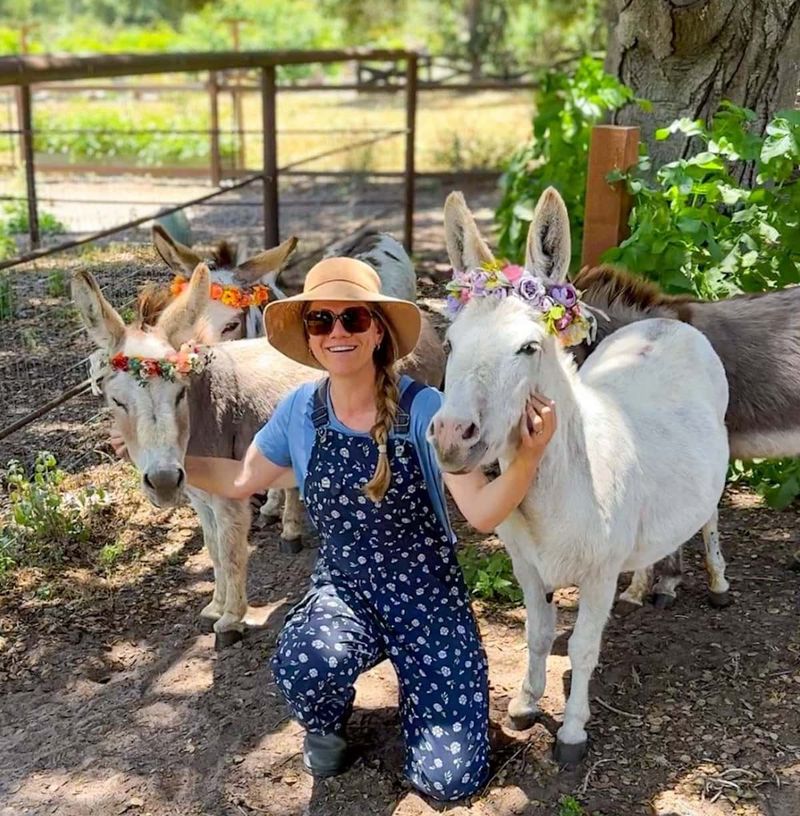
Donkeys are low-maintenance animals, requiring minimal care compared to other farm animals. They are hardy creatures with simple dietary needs, thriving on basic forage and clean water.
Their thick coats protect them from harsh weather, reducing the need for shelter and special care. This resilience makes them an ideal addition for farmers looking to minimize upkeep and costs.
With regular hoof care and routine health checks, donkeys remain healthy and happy, providing farmers with companionship and support without the burden of intensive care requirements.
Therapeutic Benefits
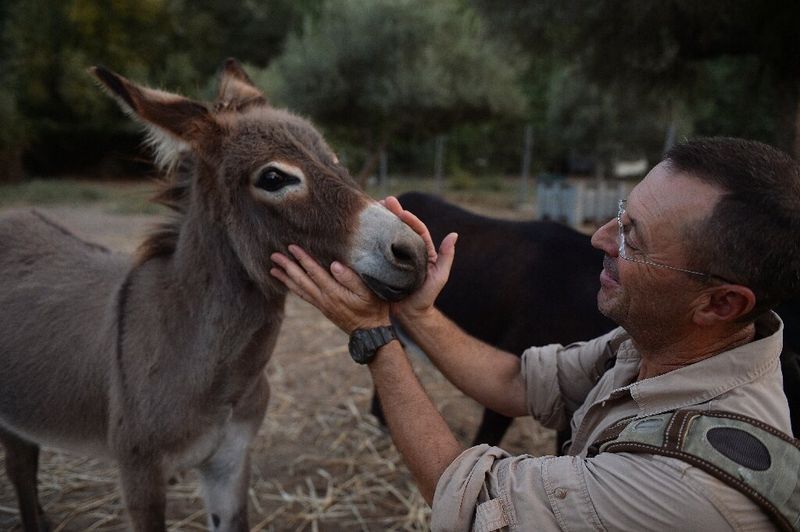
The calming presence of a donkey offers therapeutic benefits for individuals on the farm. Their gentle demeanor and affectionate nature have a soothing effect, reducing stress and promoting emotional well-being.
Interactions with donkeys provide therapeutic benefits for individuals with anxiety or depression, offering a sense of connection and grounding. This emotional support enhances the quality of life for those living and working in farming environments.
Incorporating donkeys into farm life provides not only practical benefits but also emotional enrichment, fostering a nurturing and supportive atmosphere.
Education and Awareness
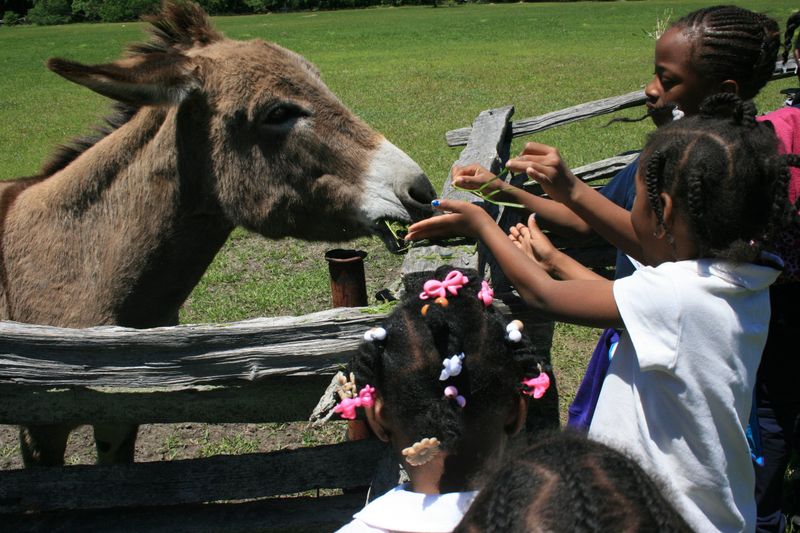
Donkeys serve as wonderful educational tools, providing children and visitors a hands-on learning experience about farm life. Their approachable nature makes them perfect for interacting with young learners.
Through engagement with donkeys, individuals can gain insights into animal care, sustainable farming practices, and the importance of biodiversity. This educational value extends beyond the farm, fostering a greater appreciation for agriculture and animal welfare.
By hosting educational tours or programs, farmers can share the unique benefits of donkeys, inspiring future generations to support sustainable farming.
Longevity and Loyalty
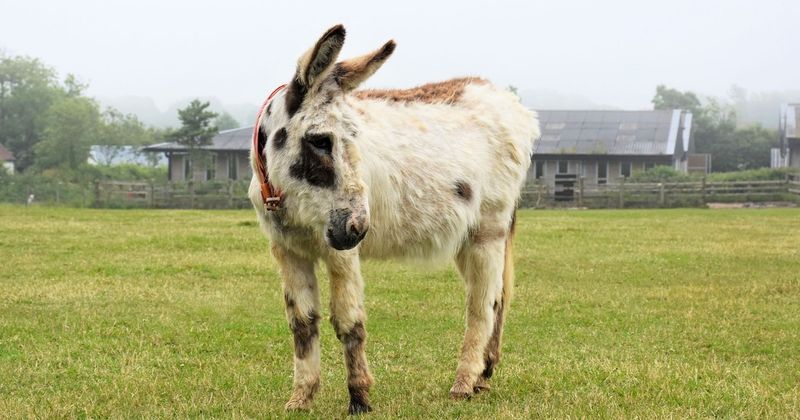
Donkeys are known for their impressive longevity, with many living well into their 30s. This extended lifespan means that they can offer long-term companionship and service on the farm.
Their loyalty and steadfast nature make them beloved members of the farming community, forming deep bonds with both humans and other animals.
Having a donkey ensures years of dependable partnership, reducing the need for frequent animal turnover. This long-term benefit fosters stable farm dynamics and contributes to the continuity of farm routines.
Cultural and Historical Significance
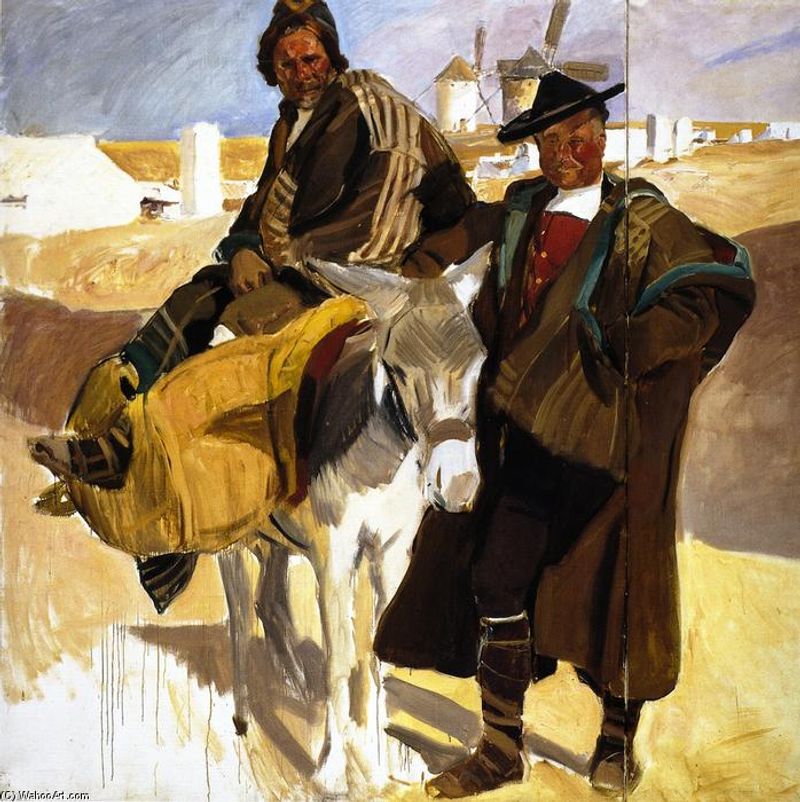
Donkeys have held cultural and historical significance for centuries, known for their contributions to agriculture and society. From ancient trade routes to modern farming, donkeys have been invaluable in shaping human civilization.
Their historical role as hardworking beasts of burden is a testament to their resilience and adaptability. Understanding this heritage enhances our appreciation for donkeys’ contributions to modern agriculture.
Celebrating this cultural legacy adds a rich narrative to farm life, connecting present-day practices with historical traditions.
Unique Vocalizations
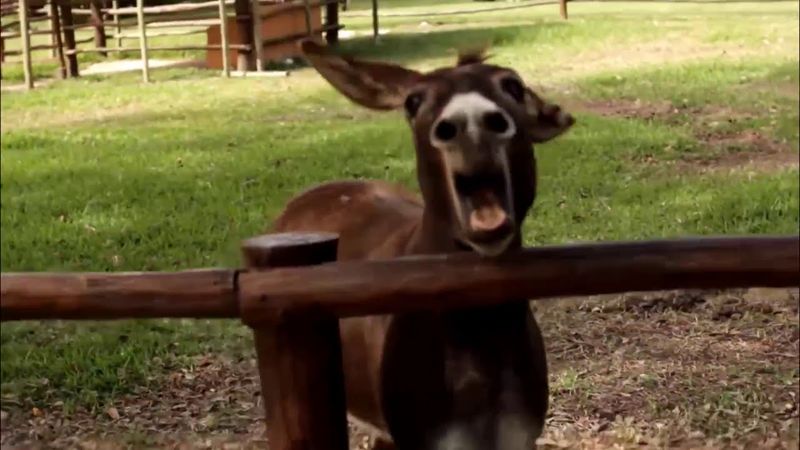
Donkeys are famous for their distinctive bray, a unique vocalization that carries across long distances. This sound serves various purposes, such as signaling alertness, expressing emotions, or communicating with other donkeys.
The bray is not only a functional tool but also adds to the farm’s ambiance, creating a lively and engaging environment.
Farmers often find comfort in the familiar sound, as it signifies the presence and well-being of their donkeys. This vocal uniqueness adds character to the farm and fosters a sense of belonging.
Environmental Benefits
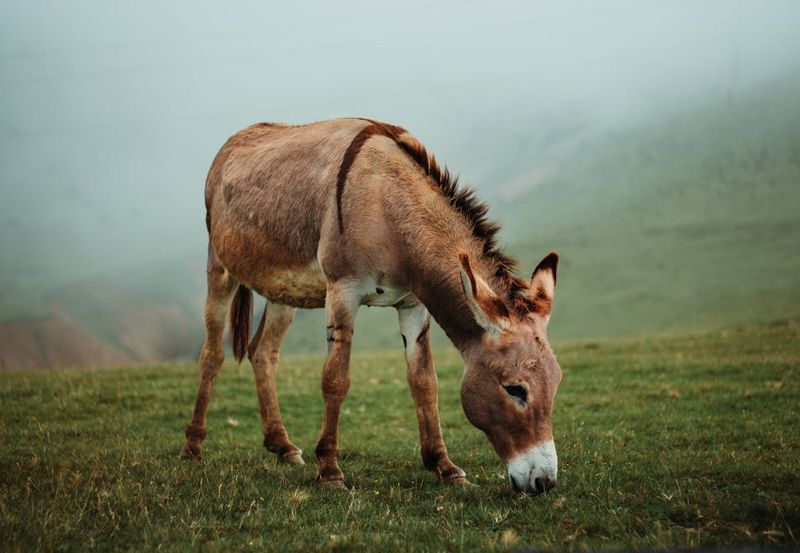
Donkeys contribute positively to the farm’s ecosystem by promoting biodiversity and maintaining environmental balance. Their grazing habits help control vegetation, encouraging plant diversity and habitat preservation.
This sustainable approach benefits the entire farm, providing a haven for wildlife and promoting ecological health. Donkeys’ presence supports a harmonious coexistence of various species, enriching the farm’s natural environment.
By integrating donkeys into farm operations, farmers can enhance the ecological value of their land, contributing to a healthier planet and fostering sustainability.
Affordability
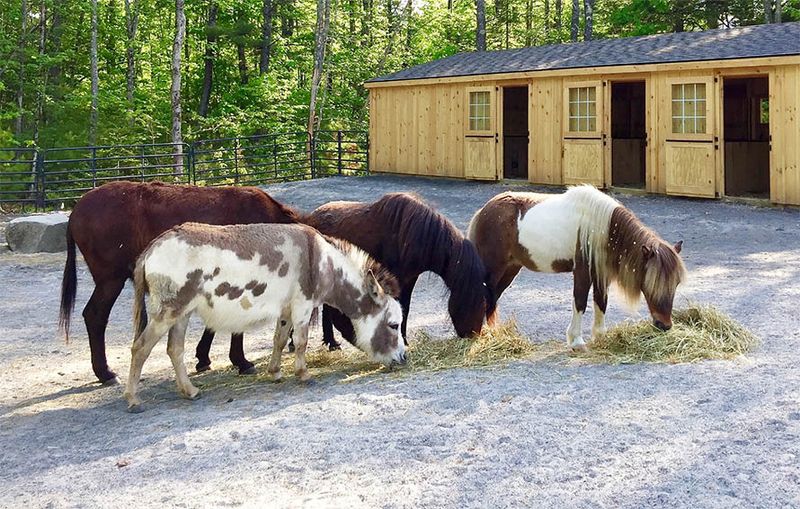
Donkeys are an affordable option for farmers looking to add value to their operations without significant investment. Their low maintenance and dietary needs make them a cost-effective choice for small and large farms alike.
The initial cost of acquiring a donkey is often lower compared to other livestock, and their long lifespan ensures years of service. This affordability allows farmers to allocate resources to other essential areas.
Incorporating donkeys into farming practices offers economic advantages, making them a practical and valuable asset for cost-conscious farmers.

